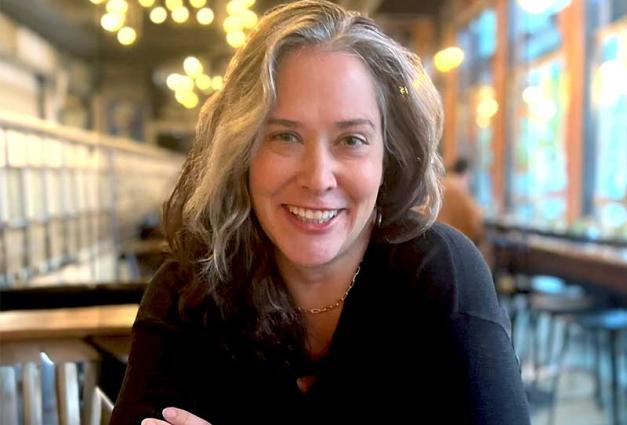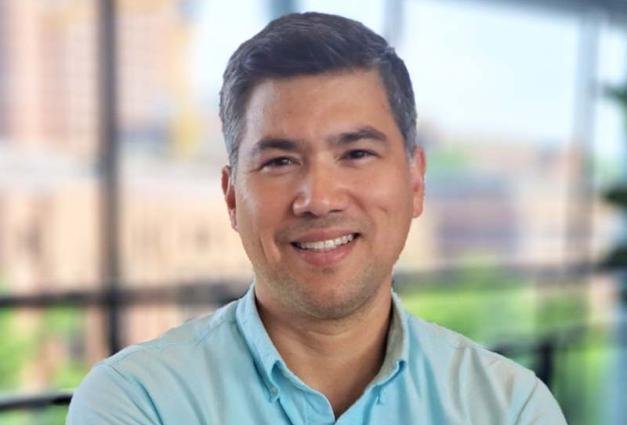Jim Sidanius is the John Lindsley Professor of Psychology in Memory of William James and of African and African American Studies at Harvard University. He received his B.A. From City College of New York and his PhD from the University of Stockholm, Sweden. His primary research interests include the political psychology of gender, institutional discrimination and the evolutionary psychology of intergroup conflict. Among other awards, Professor Sidanius is the recipient of the 2006 ISPP Harold Lasswell Award for Distinguished Scientific Contribution in the Field of Political Psychology, the 2013 SPSP Career Contribution Award, and the 2019 SESP Scientific Impact Award.
What led you to choose a career in social and personality psychology?
Ever since I was a teenager, I have had an abiding interest in political and social affairs. This led me to political activism during my high school and early college years, focusing primarily on the anti-Vietnam War, civil rights and Black power movements. Although I began my academic career as a graduate student in clinical psychology at NYU, the social movements of the day were simply too compelling for me not to try and integrate these social issues into my work as a scholar in-training. Consequently, I left the field of clinical psychology as a second-year graduate student and left the United States to become yet another Black expatriate living in Europe, where I enrolled in graduate studies in the then fledgling field of political psychology at the University of Stockholm, Sweden.
What led to your interest in studying intergroup conflict?
As an African American male coming of age in Jim Crow America, issues of prejudice, racism and discrimination were of particular salience to me. While the passage of civil rights legislation in the USA significantly improved the situation for African Americans and other traditionally marginalized groups, these legislative efforts by no means eliminated the importance of marginal social status from the lives of ethnic and racial minorities. My research within the domain of intergroup conflict has been an effort to deepen our understanding of the forces contributing to the tenacity of prejudice, discrimination and group-based inequality beyond that offered by the extant models in the field.
Briefly summarize your current research, and any future research interests you plan to pursue.
For the last several years I have been working on the development of a generalized approach to the study of group-based social hierachy and its implications for our understanding of prejudice, racism and generalized oppression. This approach, labeled Social Dominance Theory (SDT), is an attempt to understand the manner in which several multileveled factors interact and thus contribute to the creation, maintainance, and re-creation of group-based social inequality, of which gender and arbitrary-set discrimination (based on e.g., “racial”, ethnic, sectarian, tribal, etc.) are simply special cases. One of the critical and inadequately explored questions within the SDT tradition is to understand the factors which are responsible for the differences in the degree of group-based social inequality across time and social systems.
Do you have a favorite course to teach and why?
For the most part my favorite course to teach has been psychometrics and multivariate analysis at both the undergraduate and graduate levels. I never get tired of seeing the rush of understanding in a student’s face who initially found a statistical concept to be incomprehensible.
Do you have any teaching strategies or techniques that you especially like to employ?
A teaching strategy I have employed for a number of years is to have students explain the meaning and usefullness of seemingly complex statistical concepts, such as the meaning and usefullness of the sampling distribution, and in terms that an average person could understand.
Do you have any advice for individuals who wish to pursue a similar career path?
I think that the best advice I can impart to young scholars is to become broadly read in the social sciences beyond psychology. This includes familiarizing one-self with the seminal ideas within the fields of social history, sociology, political science, anthropology, behavioral economics and evolutionary psychology. While most high-quality graduate programs manage to churn out well-trained experimentalists, oftentimes this technically oriented training ends up being altogether too narrowly focused to the neglect of integrated and multileveled understandings of the way in which individual differences, situational contingencies, and macrolevel processes intersect in the creation of group-based inequality.
Outside of psychology, how do you like to spend your free time?
I like to spend my free time playing chess, watching serious cinema, and enjoying the company of my new grandson.




